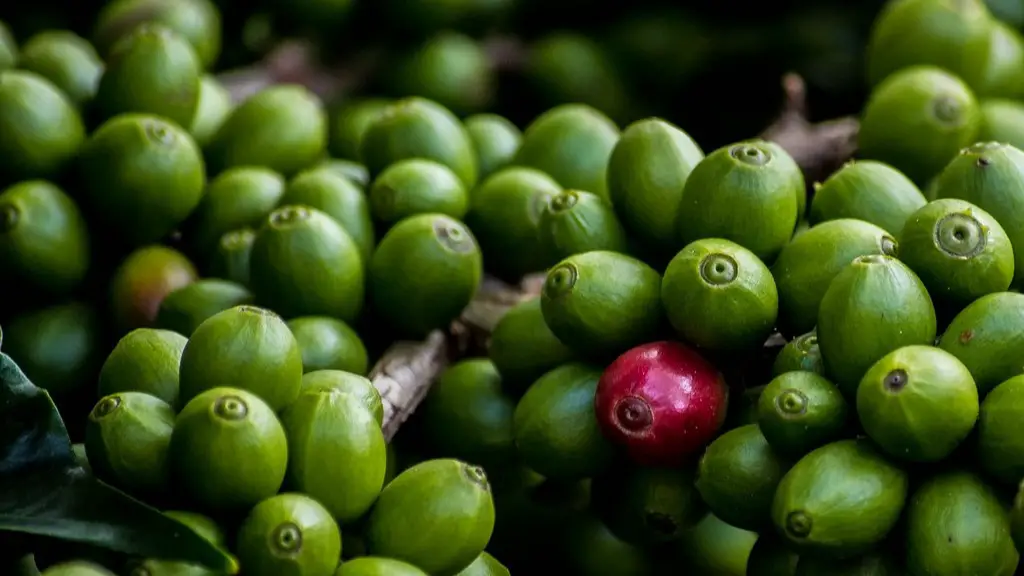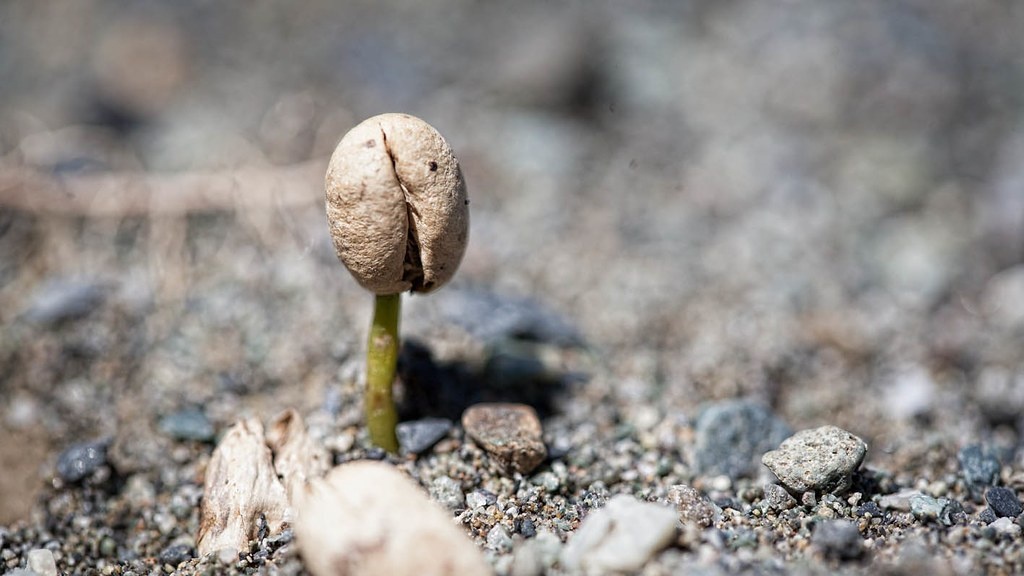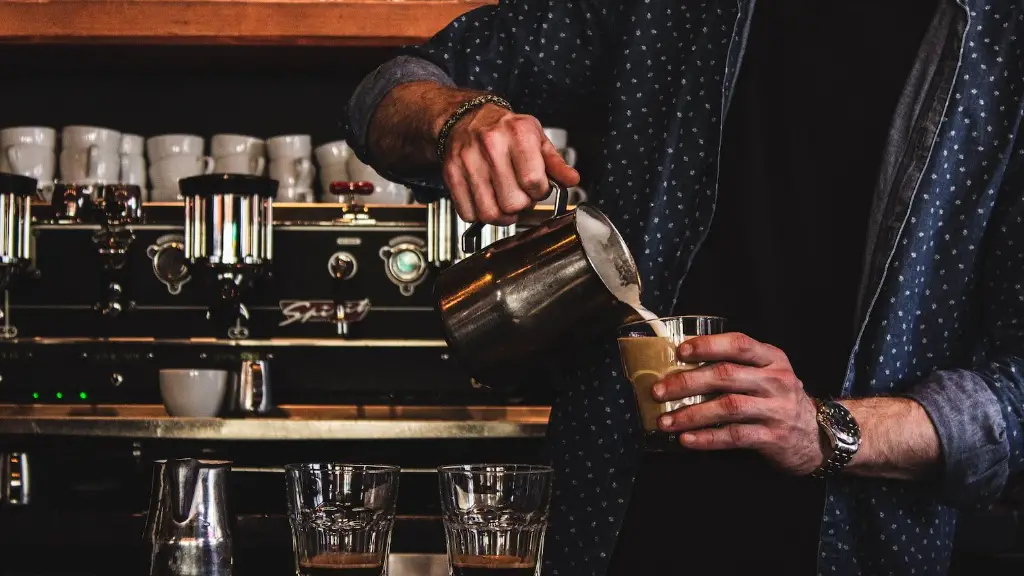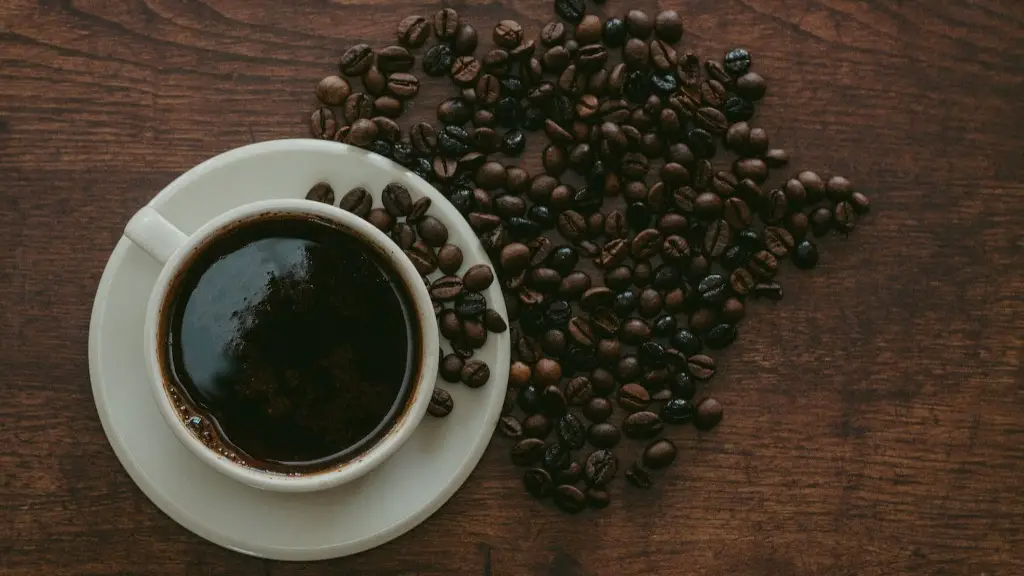Background
Intermittent fasting (IF) is a popular diet and lifestyle trend that has been around for years, but has recently surged in popularity. IF requires participants to fast for a set period of time each day, usually between 12 and 16 hours, and during the non-fasting period, many individuals opt to incorporate healthful food items into their diets such as lean proteins, plant-based proteins, fruits, and vegetables. One of the major concerns when it comes to IF is the use of coffee and whether or not it is okay to drink coffee before the fasting period.
Experts weigh in
When it comes to IF, there is no one-size-fits-all approach. Experts recommend that individuals take into account their own health, age, lifestyle, and dietary needs when determining their best course of action. While some experts may say that it’s okay to drink coffee before a fast, others may disagree.
Registered dietitian Rachel Goldman, PhD, RDN, says “coffee is allowed on intermittent fasting—provided it contains no additional calories. Coffee itself is calorie-free, but adding cream, sugar, or syrups can quickly add up. If your goal is to lose weight, skip the added calories.”
Nutrition expert Lisa Drayer, MA, RDN, agrees that drinking unsweetened coffee during an IF period is okay, but warns that one should be mindful of their caffeine intake. “Coffee can be part of an intermittent fasting plan, but you need to be mindful of the amount of caffeine you’re consuming,” she said. “If you’re someone who is more sensitive to the effects of caffeine, you might find your energy levels are low during your fasting window.”
Be mindful of caffeine levels
According to registered dietitian Sharon Palmer, RDN, when it comes to drinking coffee before a fast, it is important to be mindful of caffeine levels and to avoid consuming too much. “One of the downsides of drinking too much caffeine is that it can disrupt sleep, which is an important part of any weight-loss plan,” Palmer said. “Caffeine can increase cortisol, a hormone that can lead to increased stress, which can then lead to blood sugar spikes and weight gain.”
Consider individual sensitivities
Registered dietitian and nutrition consultant Kristin Kirkpatrick, MS, RDN, recommends that individuals take into account their individual tolerance for caffeine when considering drinking coffee. “Caffeine sensitivity is subjective and can vary greatly from person to person,” Kirkpatrick said. “Some studies suggest the ideal amount of caffeine is 200 to 400 milligrams per day to avoid disrupting sleep. That’s about the equivalent of two strong cups of coffee. So, if you’re considering drinking coffee before a fast, be mindful of your individual tolerance for caffeine.”
Health risks
Drinking too much caffeine before a fast can also increase the risk of side effects, such as headaches, nausea, heart palpitations and irritability. Additionally, drinking coffee before a fast may disrupt the hunger-regulating hormones in the body, causing it to be more difficult to resist eating during the fasted state.
Analyze Benefits of Coffee
However, there are some potential benefits to drinking coffee before a fast. Research has shown that drinking coffee can help suppress appetite and boost metabolism, both of which can be beneficial for weight loss during a fast. In addition, coffee can also help boost energy levels and alertness, resulting in increased focus and productivity during the non-fasting period.
Examples of Coffee Beverages to Drink During Fasting
For individuals who wish to drink coffee before a fast, there are many low-calorie and caffeine-free options available. Examples of coffee-based beverages to consider include black coffee, Americano, espresso, matcha latte, or a coffee protein shake. A green tea latte made with almond milk, or a herbal tea such as rooibos or chamomile can also be a good alternative to coffee.
The Bottom Line
Drinking coffee before a fast can be beneficial in some cases, but it is important to be mindful of individual sensitivities to caffeine, as well as the risk of side effects such as headaches, nausea, and increased stress levels. Additionally, individuals should opt for low-calorie, caffeine-free options such as black coffee, matcha latte, or herbal tea to avoid consuming too much caffeine and potentially disrupt sleep.
Alternative Beverages for IF
Intermittent fasting does not require individuals to fast for the entire duration of the fast, and many individuals will opt to consume calorie-free beverages during their fasting window. Examples of beverages to consider include water, sparkling water, herbal teas, apple cider vinegar, coconut water or lemon water.
Timing of Beverages
It is important to consider the timing of drinking beverages during a fast as well, with experts typically recommending that individuals avoid consuming drinks with meals or close to mealtime. This can help to ensure that the body is able to maximise the benefits of the fast, as well as promoting digestion. Furthermore, it is important to time meals so they are finished at least three hours before bedtime, allowing the body to optimise digestion and rest.
Pre-meal Drinks
Another important consideration is the type of drink consumed before a meal. Experts typically recommend avoiding sugary drinks such as sodas, juices and smoothies, as well as alcohol, as these may disrupt digestion and hinder the body’s ability to absorb nutrients from the food consumed. Instead, they suggest opting for calorie-free beverages such as water, herbal teas, or low-sugar options such as sparkling water.
A Matter of Change
Intermittent fasting is an extreme dietary lifestyle that isn’t suitable for everyone. It can take a few weeks for the body to adjust to the dietary changes that come with IF, and it is important to remember that it is not a ‘quick fix’ for weight loss. IF is best practised in moderation and individuals should approach it responsibly and, above all, with the guidance and support of a qualified health professional.



